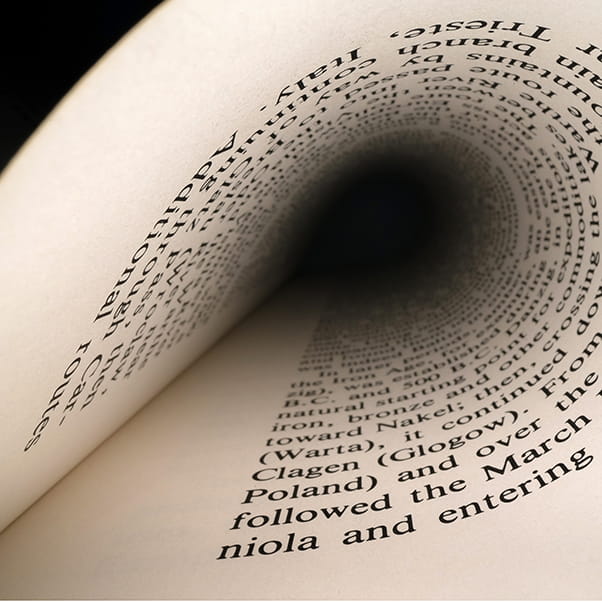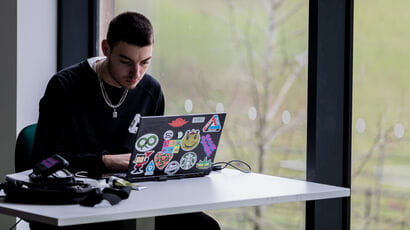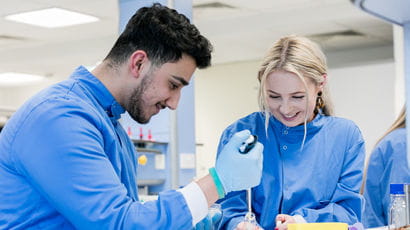Humanities Research Group (HRG)
The Humanities Research Group (HRG) at UWE Bristol promotes the value of the humanities in understanding our past, present and future. As a group, we are committed to supporting creative and collaborative practice, public engagement and knowledge exchange, and the application of new research and practice to address current challenges.
The Group brings together School of Arts staff and postgraduate researchers to conduct interdisciplinary challenge-led research, built on fundamental processes of inquiry that work across History, Literature, Linguistics, Media and Creative Practice.

Vision
The HRG is underpinned by the School’s vision for Humanities:
- The Humanities investigate who we are, how we got here, and where we are going. We deal in cultures, histories, identities, stories, and values.
- Humanities research establishes new pathways of knowledge, and new collaborations, building inclusive networks of critical and creative thinkers and practitioners.
- The Humanities enable us to comprehend the world and our relationship with the non-human; to communicate, to challenge, and to provide solutions to the problems of our times.
- The Humanities develop intellectual curiosity and the ability to navigate an uncertain world and transform our collective futures.
Research themes
The HRG operates across four themes aligned with UWE Bristol's Research, Innovation, Skills and Enterprise (RISE) strategy:
- Health Humanities
- Regional Cultures
- Social and Climate Justice
- Language and Communication
These four themes are cut across with a strong focus on creative practice, public engagement and pedagogy, with the principal objective of producing internationally excellent and world-leading outputs and impact.
Theme 1: Health Humanities
This area of research focuses on the ways in which the Humanities provides collaborative solutions to challenges in the health and wellbeing sectors. It includes work on language and neurosurgery, poetry and mental health, writing for well-being, discourses in public health contexts, and life stages including aging and the menopause.
Theme 2: Regional Cultures
This area of research focuses on the ways in which the Humanities understand and engage with regional cultures. This includes the rich legacy of the Regional History Centre's knowledge exchange activities across the South West, as well as the Bristol Centre for Linguistic’s research into place-names and the histories of language, and the study of local literary cultures and practices.
The Regional Cultures theme also embraces a broader spectrum of research where the relationship between place and subject is essential, such as memorialization and material culture, and the intersections of the regional with the national and global.
Theme 3: Social and Climate Justice
This area of research focuses on the ways in which the Humanities intersects with the challenges outlined in the UN’s Sustainable Development Goals (SDGs), including climate crisis and sustainability, migrant voices, inequalities, decolonisation, criminal justice, underrepresented histories, youth cultures and aging populations.
Theme 4: Language and Communication
This area of research focuses on language and its use in a range of contexts and applications. It includes language and politics/new media/online abuse, critical literacy, creative agency and entrepreneurship, language and power, writing practices, close reading, stories, language acquisition and multilingualism.
Members
The membership of the Group engages with a wide range of internal and external partners, including neurosurgeons, schoolteachers, the police, national bodies, regional museums and community groups.
The Group is co-led by Dr Jeanette Sakel and Dr Rose Wallis.
Research-informed teaching
The HRG promotes research informed teaching, enabling staff to develop the pedagogical skills and techniques to deliver teaching based on and linked to research. This not only encompasses the dissemination of research findings but also involves students actively participating in Humanities research and acquiring relevant research skills themselves.
Contact
For any general enquiries, please get in touch with Dr Jeanette Sakel (jeanette.sakel@uwe.ac.uk) or Dr Rose Wallis (rose2.wallis@uwe.ac.uk).
Transforming tomorrow, today.
Our unique approach to research, innovation, skills, enterprise and just and ethical practices is driving societal improvements and transforming futures for the better.
RISEResearch Centres and Groups
Browse UWE Bristol's portfolio of research areas, expertise, staff and publications.
Centres and groupsYou may also be interested in

Research in the School of Arts
Research in the School of Arts maintains our established reputation, nationally and internationally, across a range of disciplines.

Postgraduate research study
Postgraduate research at UWE Bristol offers you the opportunity to contribute to our leading edge research and work alongside our international experts.

Arts and Humanities Research Council Impact Acceleration Account
UWE Bristol was successful in receiving funding on the first round of the Impact Accelerators Account (IAA) awards.
